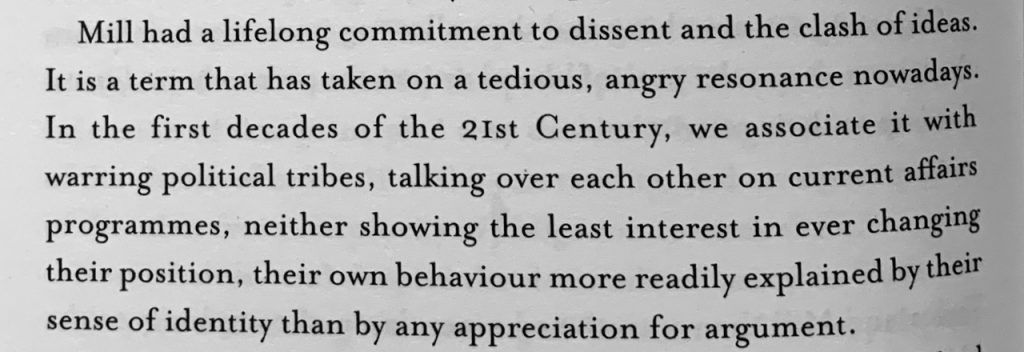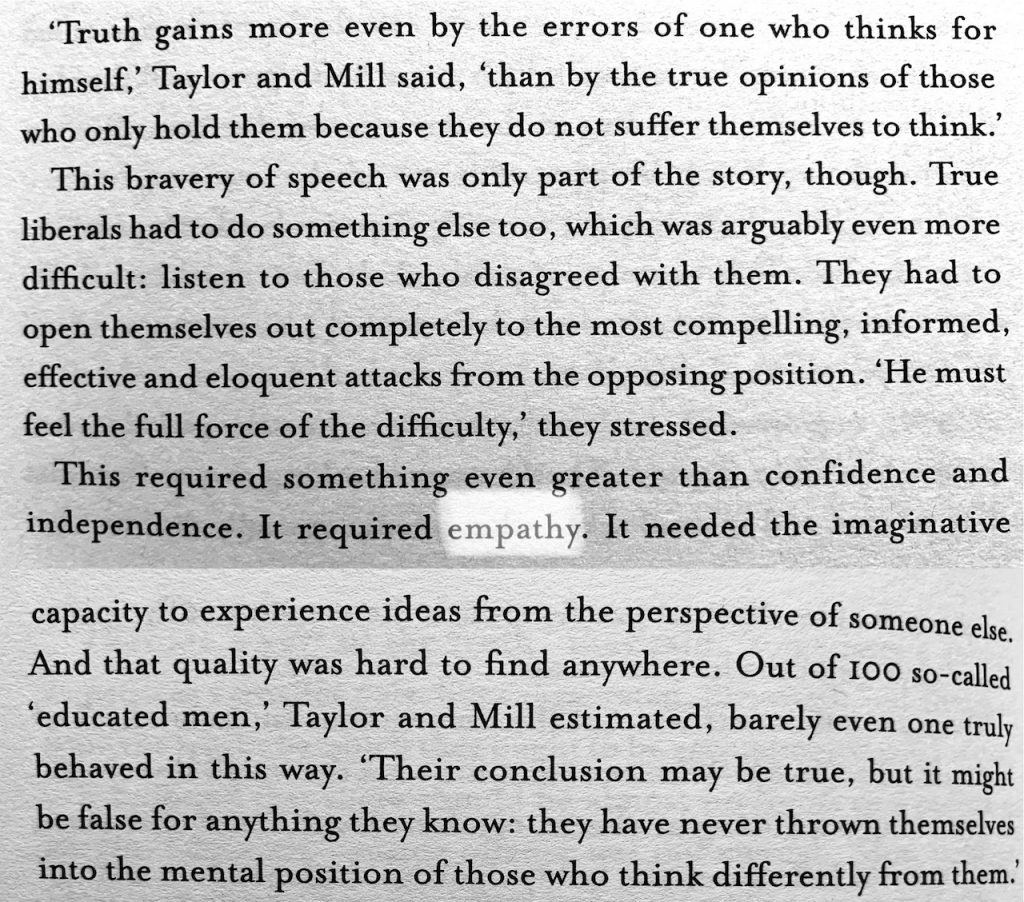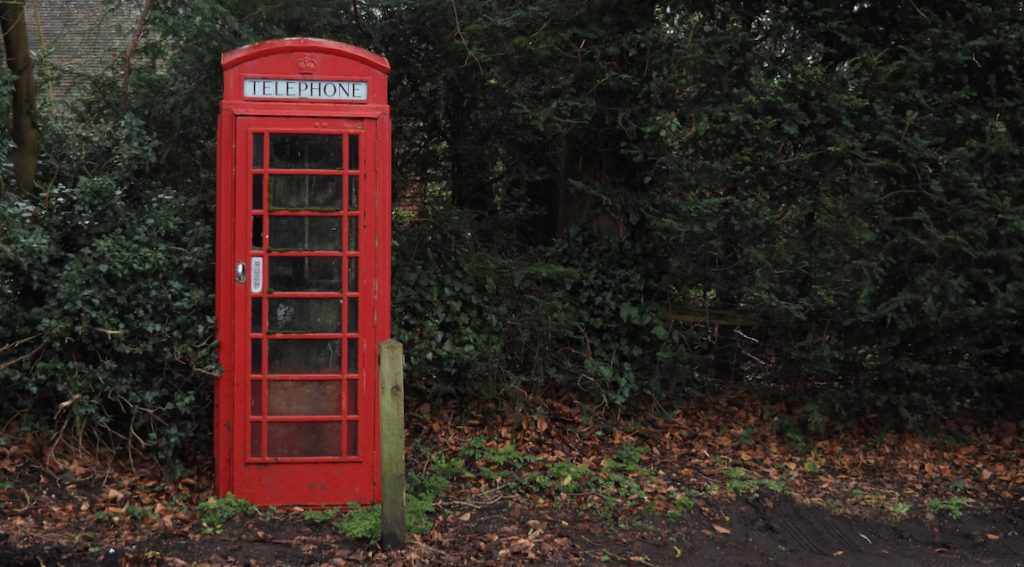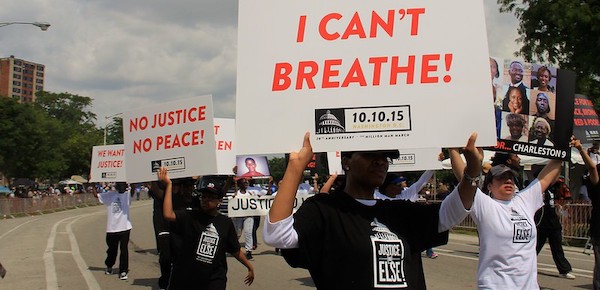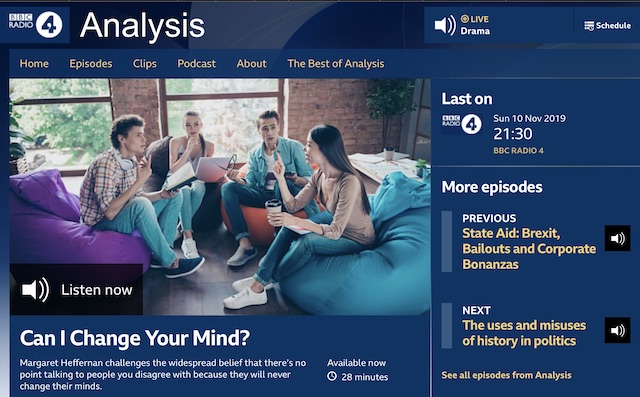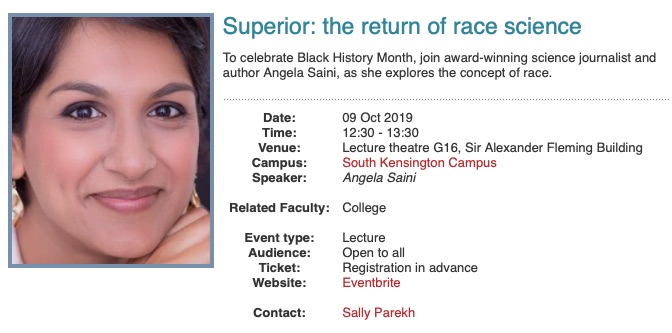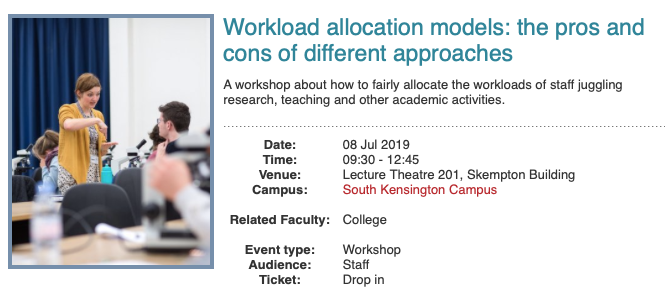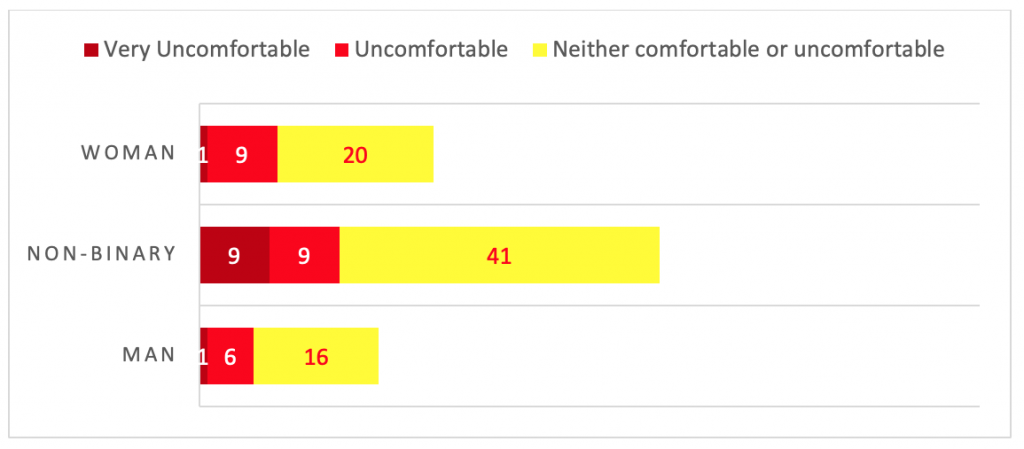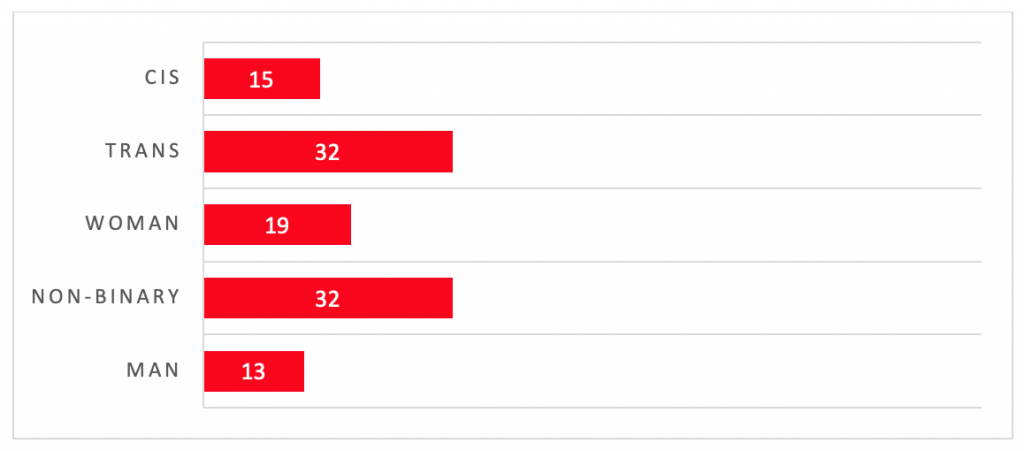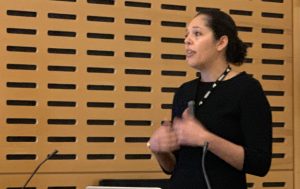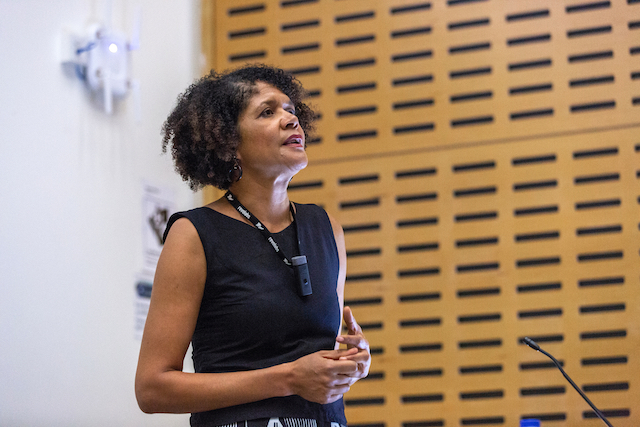March 2021 update
I see I have broken my promise. Having restarted this blog with the intention of posting regularly, I have not managed to write anything for over a month. The problem is one that afflicts many of us at Imperial: too much work and too little time.
February and March are particularly busy months for me since this is when I am co-convening the Science Communication course that is offered to students in Life Sciences. It’s a fun course that allows us to explore a range of topics with input from seasoned professionals including journalists, writers and filmmakers, but it takes quite a bit of time to plan and deliver. Many of this year’s topics, such as science in the media, scientific advice, and scholarly publication, were inflected with the issues raised by the Covid-19 pandemic.
The course has to be intercalated with my duties as Assistant Provost (EDI). Over the past few weeks this has involved a lot of committee work: the Race Equality Charter Self-Assessment Team, the Athena SWAN self-assessment team, the College Athena SWAN Committee, the REF Equality Committee, the Disability Action Committee, the History and Legacy Group, and the EDI Strategy Group, President’s Board and Provost’s Board. Naturally, views on the value of committee work vary across academia. Relatively few involve decision-making, but the discussion and sharing of information can be very worthwhile. With so many plates spinning, it’s important to keep in touch with people. It’s also important to carve out time for strategic thinking and planning and unfortunately that’s not been possible over the past month.

In early March, we also had this year’s Women at Imperial Week. The stand-out event for me was the discussion chaired by Dr Red Elmahdi in which Profs Helen Ward, Wendy Barclay and Azra Ghani recounted their experiences of leading research into Covid-19 over the past twelve months. They also had the chance to reflect on their personal journeys through academia, which continue to present an array of challenges. A recording of the meeting should be available soon on the College YouTube channel. (I’ll update the link here when they are posted).

